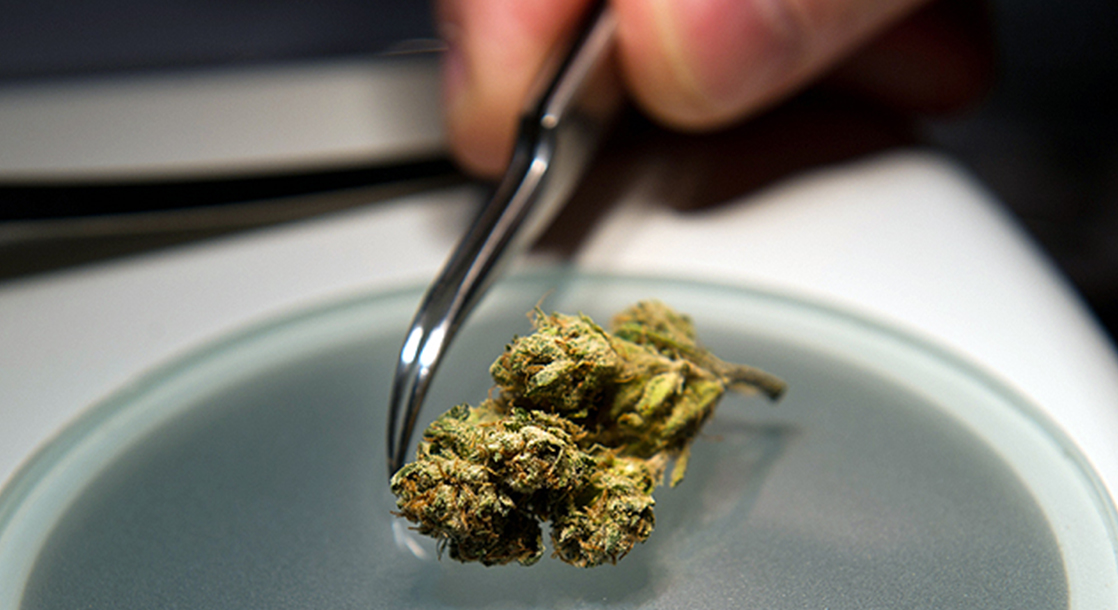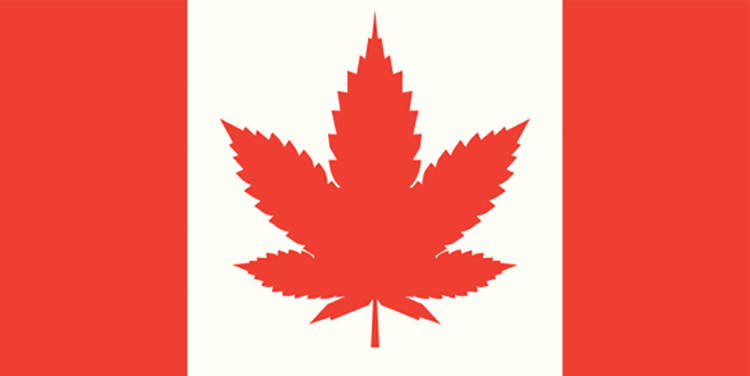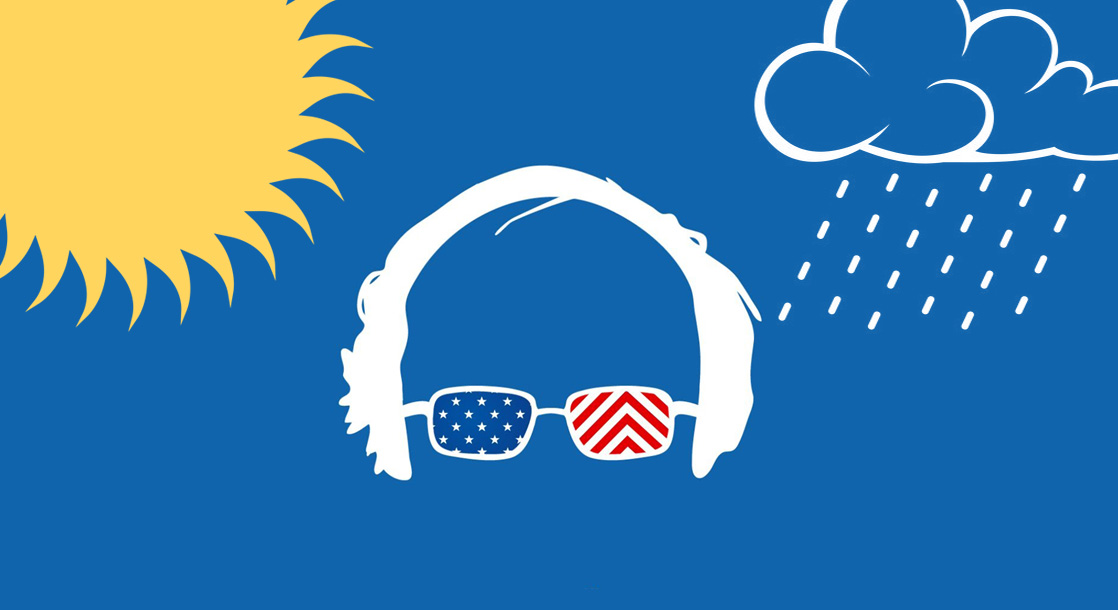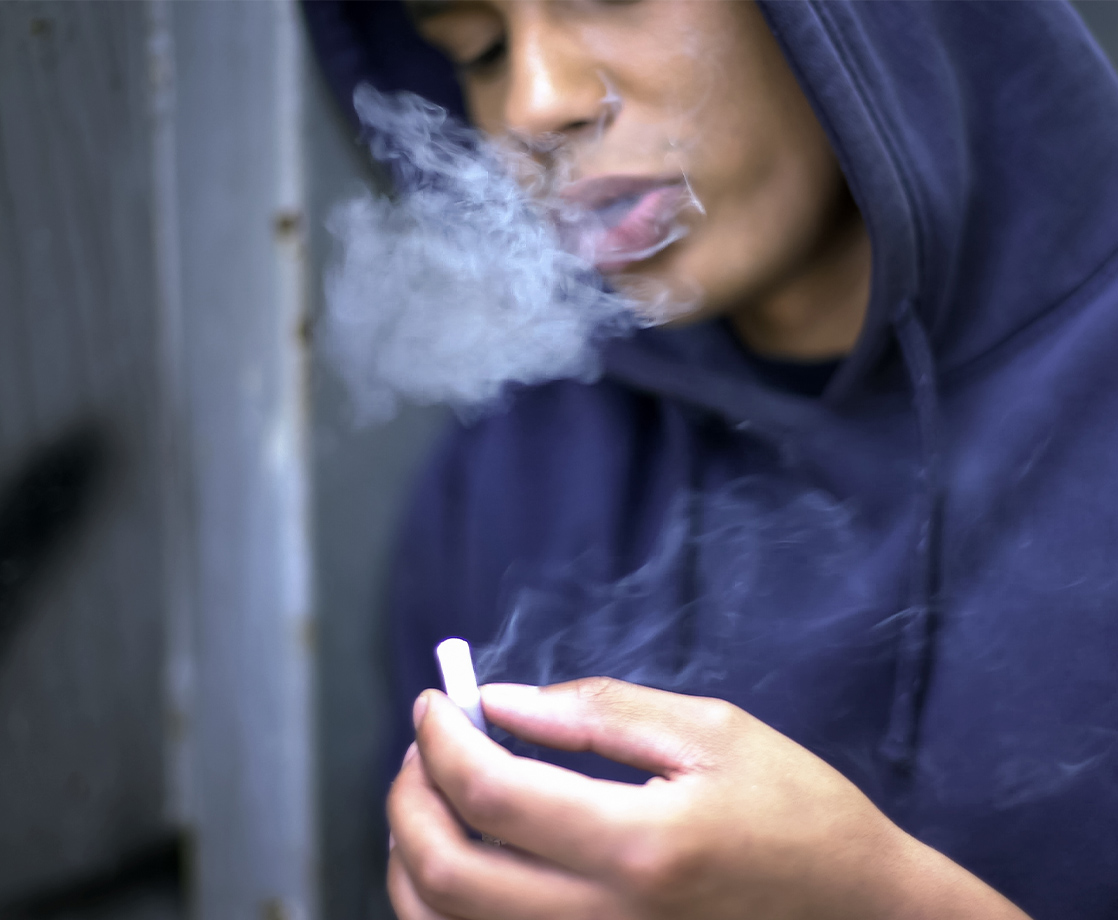Lead image via
The conflict surrounding lab testing in California remains largely unknown to the public, who tend not to question results listed by labs and dispensaries. Ideally, the system would work as follows: cultivators send samples of their product to an independent lab, who test them honestly, letting the grower and consumer know exactly what’s in the product, from cannabinoid and terpene profiles to microbiological impurities and pesticides. Currently, this process is unregulated by international accreditation standards for labs provided by the International Organization for Standardization (ISO) — and as marijuana is federally illegal, it’s also exempt from monitoring by the FDA, leaving results prone to manipulation by growers providing deceptive samples and unsupervised labs testing for profit. However, the coming regulations of California’s Prop 64 could change that come January 1, in a rapture-esque purge where only the most ethical labs will survive.
To understand the complexity of this issue, Pete Pietrangeli, owner of Melrose Ave dispensary LA Confidential, linked me with some particularly insightful sources. Dr. Jeff Raber, “the most informed professional I know revolutionizing the cannabis industry,” according to Pete, is CEO of The Werc Shop, an independent testing facility out of Washington. Alec Dixon is the co-founder of the independent testing facility SC Labs in Santa Ana, one of the most reputable in California, and Steve DeAngelo, author, activist, and founder of Harborside Health Center, was just named one of the most the most powerful people in cannabis by Fortune Magazine.
“There’s a huge need for lab testing, but no real regulation dictating what a lab is, or what type of minimum instrumentation a lab might need to do certain types of testing,” says Alec Dixon. “Right now, labs only stand up to their own level of integrity, experience, and ability to do the different tests. A grower making wax might send in a sample and get one result, then send in the same sample to a different lab, and get an entirely different result. That’s made the past five years difficult for the testing industry; people just stop trusting it.”

Image courtesy of SC Labs
While product control is important in any industry, especially one as profitable and legally opaque as cannabis, what’s the point in results that may or may not be legitimate? While some labs simply don’t know what they’re doing, with no accreditation to be conducting the tests they’re conducting, others receive samples that have been tampered with by growers.
“There’s no laboratory standard in terms of exactly how you should prepare your samples and test them,” explains Dr. Jeff Raber. “We’re not even sure if a lab can get the numbers right, but let’s assume they can. There are then certain ways people can game the system in terms of flower potency. Cherry picking, for instance, is a huge problem.” Cherry picking is a tactic where growers pick their best nug to send to the lab as a sample for testing the potency of the whole batch, knowing it will test higher than the rest. “It’s unfair,” says Dr. Raber. “You should be testing what’s being brought to market, not the way to make the numbers look as high as possible.”
More fraudulent labs will falsify results to boost the appearance of a certain product for profit. “If you’ve ever seen a strain with a THC content of 35%, someone’s lying,” continues Dr. Raber. “The plant would’ve fallen over if that was the actual number. They’ll calculate ‘Total THC,’ so they can add a THC acid number to the THC content. There has to be other things in there; it’s not just cannabinoids.” The public’s infatuation with THC content as the defining indicator of potency works in favor of these altered tests. When asked what the most common question she encounters regarding test results, Mickey, a budtender at LA Confidential, didn’t hesitate to answer: “People are more interested in the percentages of cannabinoids, typically THC and CBD. Only people who’ve educated themselves on lab testing understand its true complexity.”

Image courtesy of Steep Hill Labs
Steve DeAngelo, owner of renowned Oakland dispensary Harborside Health Center, couldn’t be more serious when it comes to testing the labs that test his products. “Harborside was the first dispensary anywhere to lab test,” DeAngelo said over the phone. “Periodically, we’ll switch labs around and drop multiple tests of the same product into different labs to cross-check the results. One of the issues in lab testing is that there hasn’t been sufficient regulation on the lab testing industry itself. You have a lot of what I would call ‘dartboard’ laboratories, who use shaky methods to come up with test results, and in some cases are willing to manipulate test results in return for payments. So, we’re as vigilant as we possibly can be. We have an in-house testing device we developed with Steep Hill Labs [an independent testing facility in Berkeley], that allows us to immediately access the cannabinoid profile of the product. Then we take an extra step by sending the product to a third party laboratory to test for the presence of pathogenic molds like aspergillus. We’ve been open ten years now, and haven’t received a single report of an adverse reaction from any product we’ve sold.”
When California’s recreational Prop 64 goes into effect January 1, all operating within the cannabis space will be forced to maintain levels of professionalism exhibited by veterans like Dr. Raber, Dixon, DeAngelo, and Pietrangeli. Strict regulations will be placed on labs to prove they’re capable of achieving viable results. According to language found in the Medical Cannabis Regulation and Safety Act, part of Prop 64, “Licensees shall use standard methods established by International Organization for Standardization approved by an accrediting body that is signatory to the International Laboratory Accreditation Cooperation Mutual Recognition Arrangement (AB 266, 19342).”
Hundreds of companies could possibly shutter, as was seen when Oregon legalized recreational marijuana. “Oregon requires minimum levels of accreditation that a lab has to have and show proficiency in, in order to even offer the cannabis industry one of the tests they sell,” explains Dixon. “When Oregon became legal, there was a huge bottleneck in testing. 20 labs shrunk to about three or four, and hundreds of dispensaries went out of business. All the labs previously offering pesticide testing weren’t able to show proficiency to the level that Oregon was requiring, so they could only offer the specific tests they passed a proficiency test for, and had gone through accreditation with.”
Image courtesy of SC Labs
Though weed is recreationally legal on the first day of 2018, changing regulations in California can be a lengthy process. Dr. Raber explains, “By 2018, we’ll have a decent working framework, because California has been paying attention to all the other states, and getting comments from everybody. But it could be 10 years before they can put the regulations on autopilot and stop tinkering with them.”
Labs intending to stay around have already begun the process of complying with coming regulations like MCRSA (Medical Cannabis Recreation Safety Act), AUMA (Adult Use of Marijuana Act), and ISO 17025. “Right now, at our lab, we’ve been working really hard for the past 18 months to get through the process to meet coming regulations,” says Dixon. “We have ISO accreditation, we’ve been approved on our potency test, we’re going one by one.”
In the coming world of legal weed, growers who don’t produce quality product will face recalls and possibly be shut down, making the legitimacy of testing more important than ever. Marijuana products should be held to the same, if not more stringent, regulations as everything else we consume. If it takes a Darwinian transition to weed out the duds, so be it.
Follow Lindsay MaHarry on Twitter












